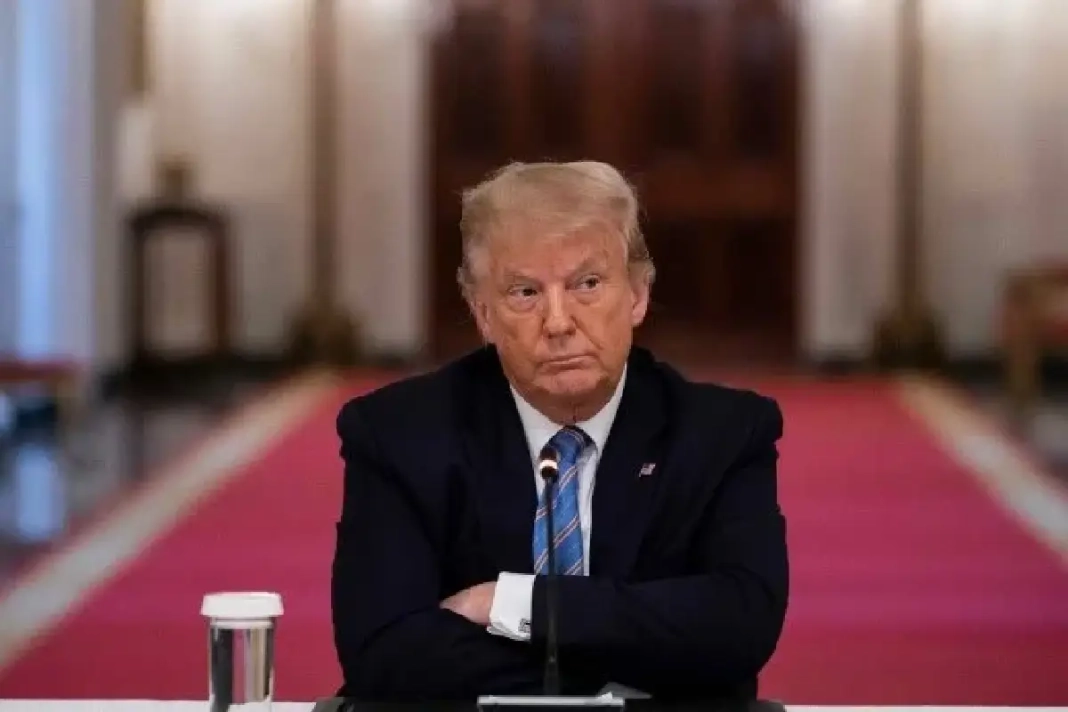An unprecedented standoff is unfolding between the prestigious Harvard University and the Trump administration. At the heart of the clash is Harvard’s refusal to comply with federal government demands. As a result, on April 14, the White House announced the freezing of $2.2 billion in federal funding earmarked for the university. This episode crystallizes the growing tension between the executive branch and academic institutions in an increasingly polarized American political climate.
It all stems from a letter sent by Harvard’s legal counsel to three senior Trump administration officials. In the letter, the university flatly rejected Washington’s demands, which included the immediate shutdown of its diversity, equity, and inclusion (DEI) programs, the submission of all admissions and hiring data to the government, and a comprehensive audit of students’ and faculty members’ expressed views.
Harvard President Alan Garber publicly reaffirmed the university’s independence:
“No government, regardless of the party in power, should dictate what universities can teach, who they can admit or hire, or what areas of research they should pursue.”
Antisemitism: an official—yet controversial—reason
The Trump administration has justified its decision by pointing to rising antisemitism on college campuses. In the fall of 2023, Harvard became the scene of pro-Palestinian demonstrations following the events of October 7, some of which reportedly involved antisemitic comments or actions. These incidents prompted student complaints and ultimately led to the resignation of President Claudine Gay in January 2024, after accusations of downplaying the events.
Despite the university’s efforts to strengthen anti-discrimination measures since then, the federal government has deemed the response inadequate. The funding freeze is part of a broader initiative led by a federal task force on antisemitism.
Beyond antisemitism, however, many observers view the standoff as a politically motivated offensive against progressive academic institutions. Harvard, like other Ivy League universities on the East Coast, symbolizes the “woke culture” that Donald Trump and his supporters sharply criticize.
In March, the Department of Education broadened its accusations, citing the promotion of divisive ideologies perceived as a threat to academic freedom. This move is part of a broader strategy aimed at challenging affirmative action policies and reducing public funding deemed unnecessary.
Symbolic—and risky—resistance
Harvard is not backing down. Over 800 faculty members have signed a letter of support for the administration, calling for a strong and unified response to what they describe as an “antidemocratic drift.”
The university holds a significant advantage: its financial strength. Federal funding accounts for only about 11% of its budget. Anticipating the confrontation, Harvard recently raised $750 million on the markets. But the real risk lies in how its private donors might react. Several had already voiced concerns over past controversies and could pull their support under political pressure.
Harvard may not be the only target. Columbia University, another prominent institution, has chosen to comply with federal demands. But Harvard’s decision to stand its ground could inspire others. Some see it as the beginning of a broader resistance movement within America’s academic institutions.


